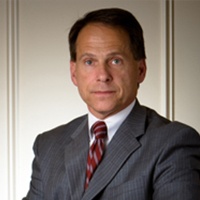Wales Juvenile Law Lawyer, Wisconsin
Paul Bucher
✓ VERIFIEDAccident & Injury, Criminal, Juvenile Law, Estate Planning, Trusts
Over 100 years of combined experience at firm.
Mr. Bucher has been practicing law in Wisconsin since 1981. His area of practice includes complex litigation, criminal defense, personal injury, gover... (more)
Peter M. Wolff
Criminal, Divorce & Family Law, Juvenile Law, DUI-DWI, Estate Planning
We Fight For The Rights Of Our Clients
Attorney Peter M. Wolff is a managing partner at Bucher, Wolff & Sonderhouse, LLP that focuses on criminal defense and family law. Before Peter was a ... (more)
Jeremiah Meyer-O'Day
Traffic, Juvenile Law, Administrative Law
Status: In Good Standing Licensed: 11 Years
Duke J. Lehto
Juvenile Law, Other, Divorce & Family Law, Criminal
Status: In Good Standing Licensed: 32 Years
Dennis J. Abts
Juvenile Law, Landlord-Tenant, Motor Vehicle, Dispute Resolution
Status: In Good Standing Licensed: 42 Years
Troy C. Dalebroux
Juvenile Law, Landlord-Tenant, Motor Vehicle, Dispute Resolution
Status: In Good Standing Licensed: 25 Years



